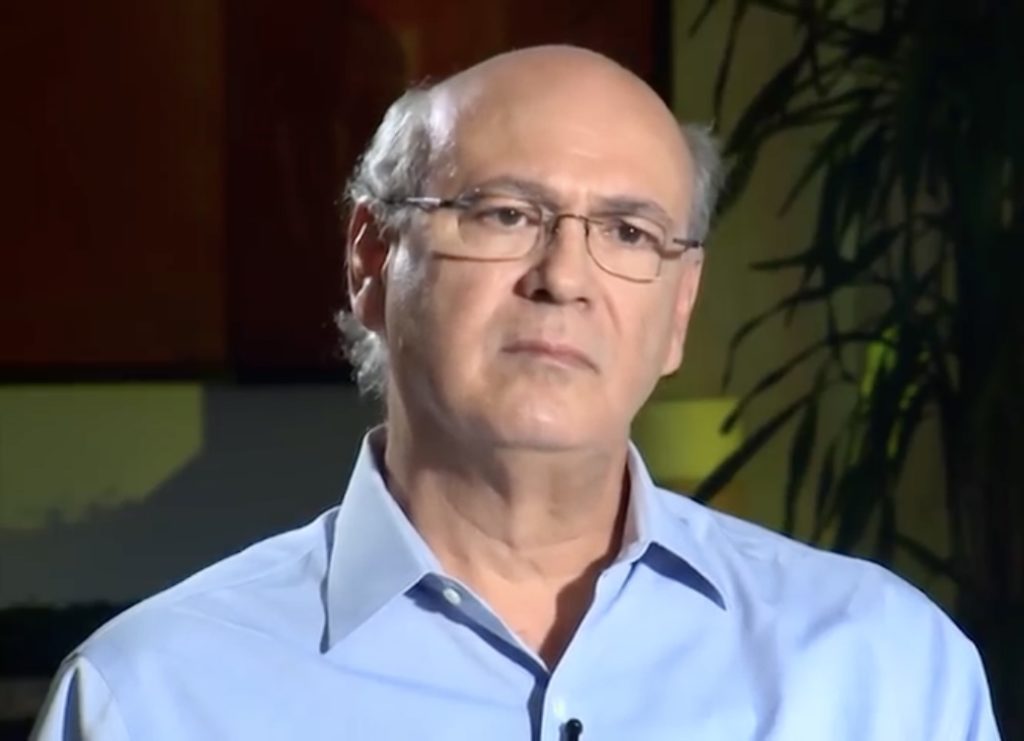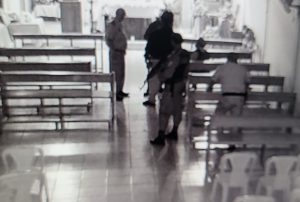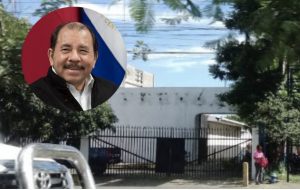After persecution and censorship by major local newspapers and even the Catholic press, the Daniel Ortega regime aired on the American channel CNN en Español in Nicaragua.
The news was confirmed by CNN itself and reported that it was blocked in the country at 10:07 PM on Wednesday, 21st.
The network said in a statement that the Nicaraguan government did not provide the reason for the suspension. He defended freedom of the press and expression:
“At CNN en Español, we believe in the vital role that press freedom plays in a healthy democracy.
Today, the Nicaraguan government disables our television signal, rejecting news and information from our network that Nicaraguans have trusted for over 25 years.
In a statement, CNN said it “will continue to honor its responsibility to the people of Nicaragua by providing news links on the CNNEspanol.com website so that they can access information that would not otherwise be available.”
Nicaraguans can also access the signal on YouTube.
CNN becomes new victim of censorship in Nicaragua
Near the 2021 election, Daniel Ortega’s government has made it even harder for foreign journalists to enter the country, but the action against CNN is the first action against a foreign media outlet.
But for local media, the suspension is nothing new. The local press has been circulated since last year. Many journalists were arrested or had to leave the country.
The country’s main newspaper, La Prensa, was resisting, but was forced to withdraw all its professionals still based in Nicaragua, as the Ortega government’s persecution intensified and the drivers involved in the deportation of Catholic nuns were arrested.
The newspaper’s headquarters, which has been under police occupation since last year, was seized and the government announced the establishment of a cultural center on the site.
In August, after the expulsion of the nuns, which had a huge impact internationally, the Ortega regime shut down many media outlets affiliated with the Catholic Church.
Police raided religious temples to confiscate broadcasting equipment.
Also Read | After deporting the nuns, Ortega’s government occupied churches and shut down Catholic radio stations in Nicaragua
Persecution of newspapers in Ortega and Nicaragua
President of Nicaragua since 2007, after his first term from 1979 to 1990, Ortega “stops at nothing to control news and information and uses a combination of legal harassment and economic strangulation against independent media”, says Reporters Without Borders in his analysis . freedom of the press in the country
The organization highlights measures such as suspension of government advertising, restrictions on imports of journalistic materials and equipment, inspections for abusive purposes, arbitrary detentions, and absurd and unconstitutional laws.
In June last year, Carlos Fernando Chamorro, one of Nicaragua’s most prominent journalists, fled the country after occupying his home.
Chamorro, editor of the Confidencial website and a member of one of the country’s most influential political families, said he left Nicaragua to “protect his freedom”.

In the November presidential election, nineteen people, including Chamorro’s sister and four other potential candidates, were arrested in what the US State Department calls President Daniel Ortega’s “campaign of terror” against potential dissidents.
At least 140 Nicaraguan journalists live in exile, mostly in Costa Rica, the United States, and Spain, according to the Nicaraguan Association of Independent Journalists and Communicators (PCIN), to which most of the country’s independent journalists belong.
Also Read | La Prensa pledges to fight ‘theft’ with headquarters and assets seized by the Ortega regime
source: Noticias

